Unexpected benefits from non-stop electronic toll collection
If we have to choose the most outstanding achievements of the transportation industry in the past 10 years, we certainly cannot ignore the ETC toll collection system successfully deployed under the PPP method.
“An essential part” of participating in traffic
Up to this point, Mr. Pham Van Khoi, Chairman of the Board of Directors of Phuong Thanh Transport Investment and Construction Joint Stock Company - the investor of the Phap Van - Cau Gie Expressway Upgrade and Expansion Project, is still very pleased with the decision to join hands early with VETC Automatic Toll Collection Company Limited to deploy non-stop electronic toll collection - ETC at Phap Van BOT toll station in early June 2020.
By early May 2020, Phuong Thanh Transport Investment and Construction Joint Stock Company and VETC proactively sought each other to connect to the ETC system under the Non-stop Automatic Toll Collection and Vehicle Weight Control Project nationwide, phase 1 applied to National Highway 1 and Ho Chi Minh Road through the Central Highlands under the form of a BOO Contract (BOO1 Project) with the TASCO - VETC Joint Venture as the investor.
Although during this period, only 2/44 toll lanes at the Phap Van BOT toll station were put into operation, because the Phap Van - Ninh Binh expressway is a vital route into and out of the center of Hanoi, with the second largest traffic volume in the country. Therefore, through the practical benefits from implementing ETC toll collection at this toll station, it has had a great impact on vehicle owners, promoting the use of ETC cards on the expressway system - a modern type of construction, attracting a very large number of road motor vehicles to participate in traffic.

From the boost at Phap Van BOT station, a series of other BOT expressway investors also moved, such as: Vietnam Infrastructure Development and Finance Investment Corporation (VIDIFI) with the Hanoi - Hai Phong expressway; Vietnam Expressway Corporation (VEC) with the expressways: Noi Bai - Lao Cai; Cau Gie - Ninh Binh; Da Nang - Quang Ngai; Ho Chi Minh City - Long Thanh - Dau Giay... although each expressway can only deploy about 2 ETC lanes.
By July 2022, Phuong Thanh Transport Investment and Construction Joint Stock Company will continue to coordinate with VEC and VETC to implement ETC toll collection on the entire Phap Van - Cau Gie - Ninh Binh expressway, about 80 km long.
After a period of preparation, by August 1, 2022, the entire Phap Van - Cau Gie - Ninh Binh expressway has been operating ETC toll collection on all lanes, except for 1 lane in each direction to handle emergency cases.
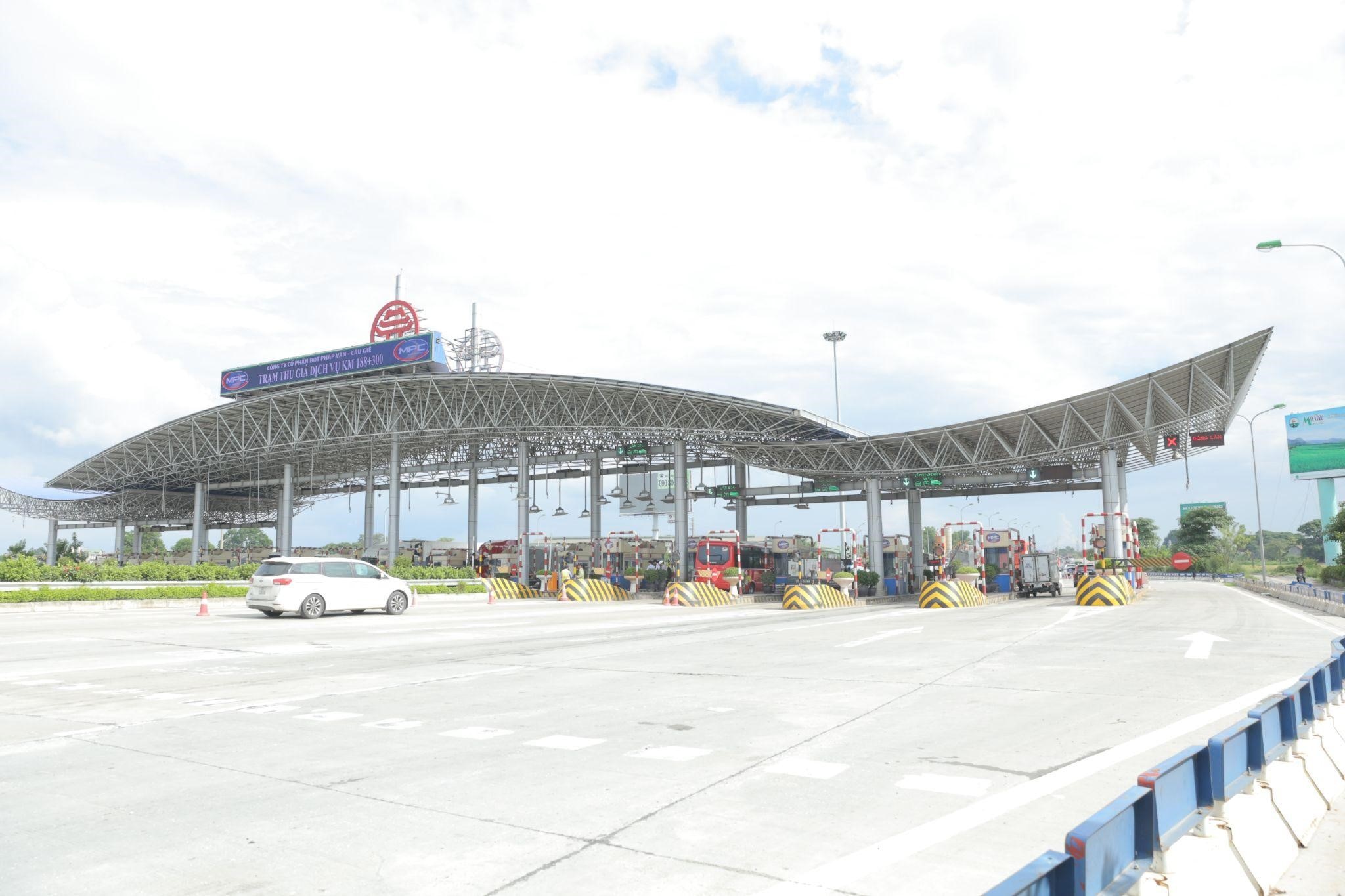
Thanks to the application of modern toll collection technology, the traffic of motor vehicles on the Phap Van - Cau Gie - Ninh Binh expressway operates continuously, quickly, efficiently and safely; at the same time, traffic congestion at toll stations is reduced.
According to Mr. Pham Van Khoi, by June 2024, the traffic volume on the Phap Van - Cau Gie route has reached 85,000 standard vehicles/day and night, exceeding the design capacity by about 40%. On peak days such as Tet and long holidays, there are days when the traffic volume reaches 180,000 - 200,000 vehicles/day and night.
“If ETC toll collection is not applied, the Phap Van – Cau Gie – Ninh Binh expressway will certainly be congested all day long, causing suffering to both traffic participants and BOT enterprises, as well as to the authorities who have to send personnel to brave the sun and rain to carry out traffic flow,” Mr. Pham Van Khoi shared.
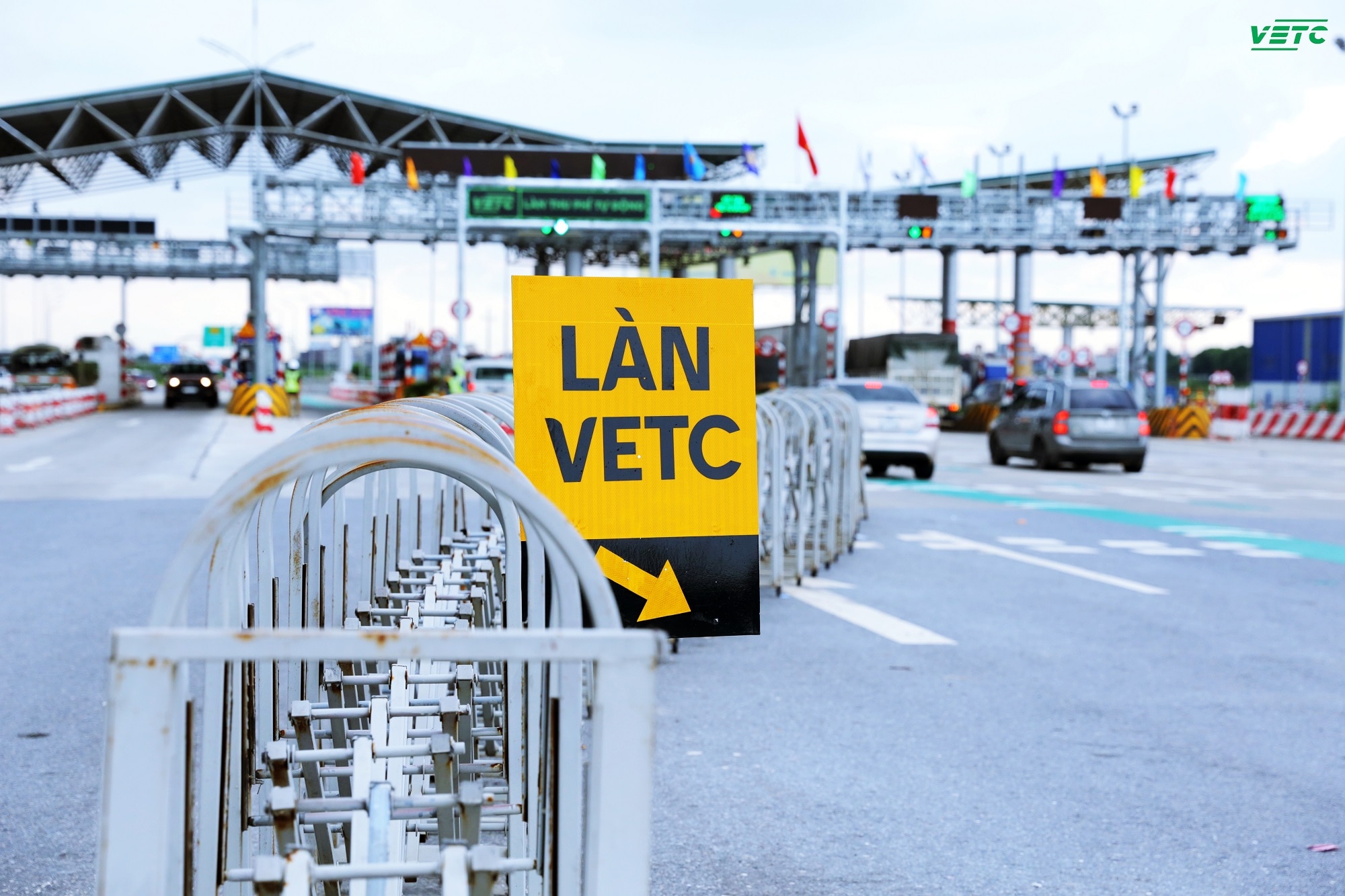
Phuong Thanh Transport Investment and Construction Joint Stock Company and VEC themselves also reduced a large amount of toll collection operating costs because VETC was responsible for toll collection.
Another great benefit that ETC brings to the leaders of investors of BOT road projects is transparency. Before applying ETC, although they had to issue monthly reminders and require toll collectors to sign commitments, BOT investor leaders such as the "boss" of the Phap Van - Cau Gie expressway were always worried that toll collectors would "not be able to control themselves", fall into legal trouble, and damage the reputation of the business.
“Thanks to ETC, people look at us, BOT investors, with more sympathy and fairness,” Mr. Pham Van Khoi assessed.
Exceeded expectations
Thanks to the "pioneers" such as Phuong Thanh Transport Investment and Construction Joint Stock Company, VIDIFI, VETC..., ETC toll collection has truly come into life, becoming an "essential part" of traffic participation.
According to Mr. Nguyen Duy Lam, Deputy Minister of Transport, up to now, the non-stop electronic toll collection system nationwide has completed the installation and put into operation synchronously to meet the required progress and quality (toll stations on national highways have applied non-stop toll collection at all toll lanes, only maintaining 1 mixed toll lane/1 direction of traffic; on expressways, non-stop toll collection is organized completely).
Specifically, as of June 30, 2024, all 163 toll stations nationwide (including 73 toll stations managed by the Ministry of Transport; 61 toll stations managed by localities and 29 toll stations managed by VEC) are eligible to deploy a total of 925 toll lanes with investment and complete installation of non-stop electronic toll collection equipment.
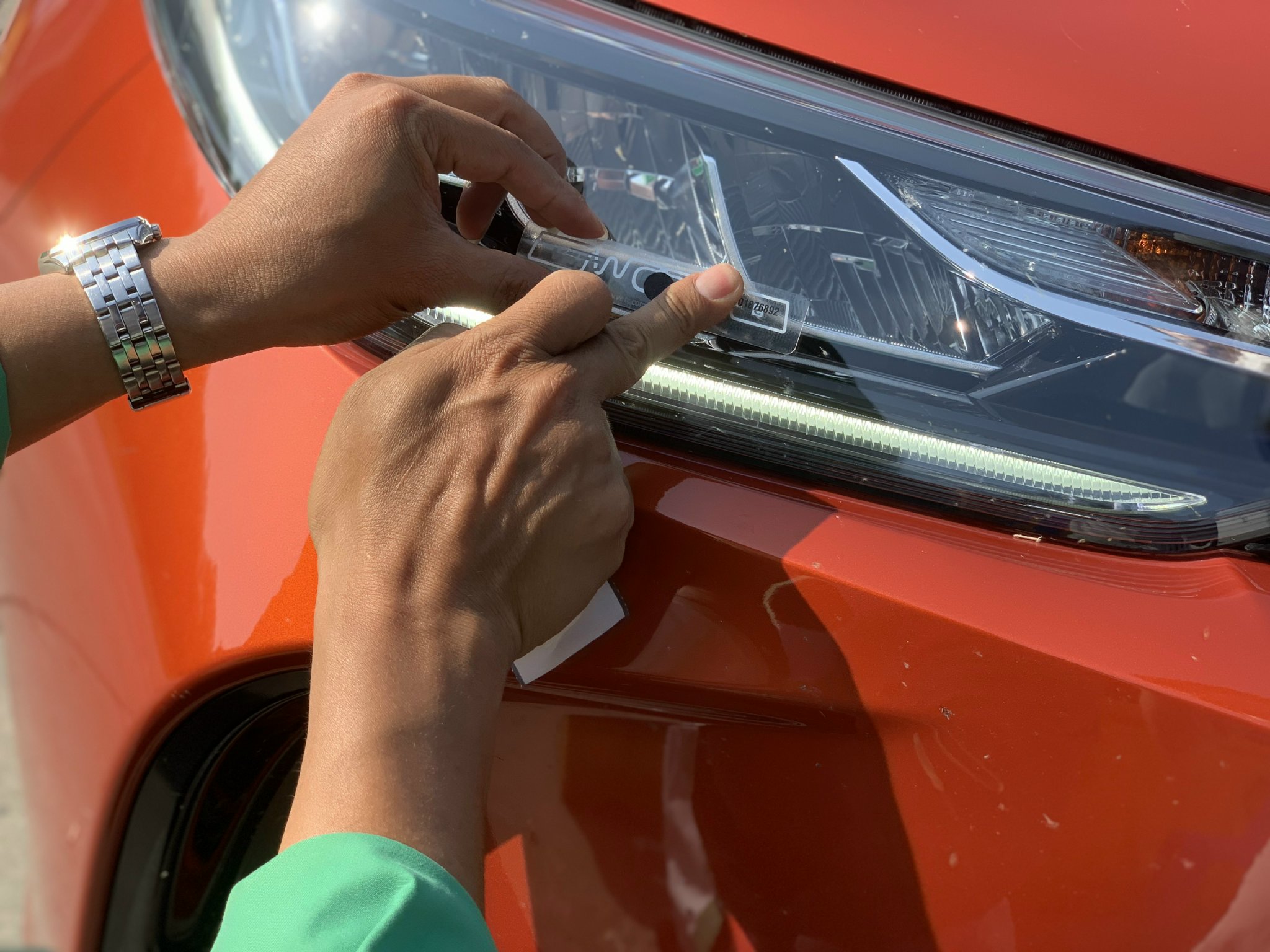
During the operation of the ETC toll collection system, service providers are constantly improving the system and enhancing service quality to better meet the needs of users. With convenient and diverse payment channels (direct payment at transaction points, via messaging systems, service software, e-wallets, interconnection between traffic accounts and users' bank accounts, etc.) and a nationwide customer care service system, up to now, the non-stop toll collection service has become familiar to owners of vehicles participating in traffic.
This is reflected in the number of vehicles with tags and opening toll collection accounts to participate in the service, reaching over 96% of the total number of vehicles nationwide (over 5.6 million vehicles have tags to participate in the service), the number of transactions through the non-stop toll collection system accounts for 95% of the total number of transactions through toll stations nationwide.
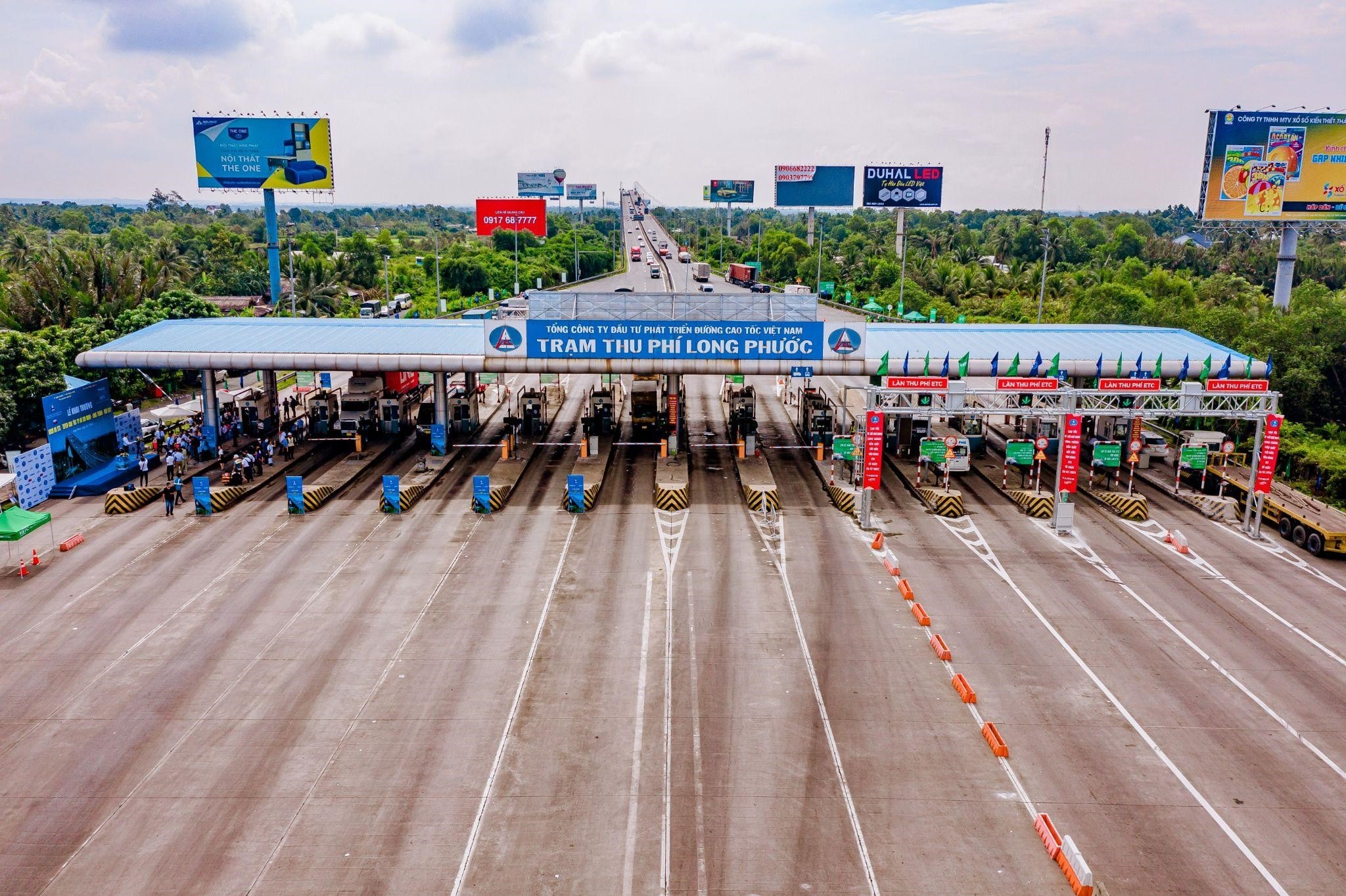
According to Associate Professor, Dr. Vu Minh Khuong - Lecturer at the Lee Kuan Yew School of Public Policy, National University of Singapore (NUS), the remarkable economic achievements of the Doi Moi process since 1986 have been greatly motivated by strong investment in strategic infrastructure, of which the development of the expressway system is one of the top focuses.
As of 2021, Vietnam has 1,290 km of expressways and is aiming to have 5,000 km by 2030. That process is also associated with the drastic transition from the manual toll collection system (MTC) to ETC on national highways and expressways from 2019 to present.
The impressive results are: significantly reduced travel times, elimination of traffic congestion at toll stations, reduced fuel consumption and reduced CO2 equivalent emissions. As a result, transport efficiency, the environment and public health are significantly improved.
In 2023, the first year of full ETC implementation on national highways, total CO2 emissions were reduced by 191,860 tons, thanks to a reduction of 60,816 tons of gasoline and diesel fuel consumed at toll stations. In the same year, society saved 93.3 million hours of manpower and 37.3 million hours of vehicle life. “In terms of cash equivalent, the total cost savings for 2023 across four metrics – energy, manpower, vehicle life and operating costs – amount to US$442.7 million. Compared to the start of the ETC promotion in 2019, the benefits of CO2-equivalent emissions reduction and total cash-equivalent savings have increased 14 times. In the entire 2019-2023 period, the benefits that Vietnam will gain from implementing ETC are equivalent to nearly US$1 billion,” said the study by Associate Professor, Dr. Vu Minh Khuong.
The positive results that ETC toll collection brings about have exceeded the expectations of the leaders of the transport industry as well as BOT investors and traffic participants.
Moreover, the VETC account now goes beyond the simple payment function, when it can also pay for non-stop parking, cashless, transparent with invoices sent directly to the tax authority. The VECT traffic account expands many smart utilities such as parking reservation and receives great support from the people. Therefore, the VETC traffic account ecosystem is increasingly appreciated by customers, helping customers enjoy a complete trip on just one platform. Up to now, VETC has provided non-stop parking service at 143 parking lots, of which 139 are deployed in Hanoi city center and recorded nearly 400 thousand transactions.
“If we had to choose the 10 most outstanding achievements of the transport sector in the past 10 years, we certainly cannot ignore the far-reaching positive impact of the automatic non-stop toll collection system successfully implemented under the PPP method. The impact of ETC toll collection will be even greater with the National Assembly allowing road toll collection for the entire expressway system invested by the State,” said Mr. Tran Chung, Chairman of the Vietnam Road Construction Investors Association.
Public-private partnership highlights
There are many reasons for the unexpected success of ETC: the strong direction of the Government, especially of Prime Minister Pham Minh Chinh; the great efforts of ETC toll collection service providers despite having to bear large financial imbalances; the change in awareness of BOT investors...
However, according to experts, the Government's choice to invest in the ETC toll collection system under the PPP method is one of the key factors that brought initial success to ETC's widespread, deep, and rapid application in life.
In fact, in 2017, when starting to implement ETC toll collection, the Ministry of Transport considered many investment options but finally decided to call for private investors (service providers) to invest in the entire non-stop automatic toll collection system (including Back-end, Front-end, maintenance and operation centers, transmission lines, etc.) and carry out non-stop automatic toll collection at toll stations. The service provider will receive a portion of the cost from the revenue of the BOT project to recover investment capital and maintain operations.

The advantage of the PPP investment plan for the ETC system is that the state does not need to allocate budget and establish additional public service organizations to manage the system. The system has high synchronization and unity, transparency will be enhanced (through the control of the activities of service providers), and the state management role in supervising toll collection will be enhanced.
The above mentioned method of investing in the ETC system is also consistent with the socialization policy according to Resolution No. 13-NQ/TW dated January 16, 2012 of the 11th Party Central Committee.
In fact, the initial successes of ETC fee collection in the past 7-8 years have proven that the PPP investment method for the above-mentioned special service type is completely correct, although this is an unprecedented activity. During the implementation process, all parties have to “cross the river, feel the rocks”, and complete it while doing it.
“The involvement of private companies in the deployment and management of ETC infrastructure has improved efficiency, speed of deployment and operations. Public-private partnerships in Vietnam have promoted innovation and efficiency, leveraging the expertise and resources of the private sector to accelerate adoption and improve the efficiency of the system,” Associate Professor, Dr. Vu Minh Khuong analyzed.
It should be added that, if we have to point out a limitation of ETC toll collection, it is that the toll collection account currently only serves the payment of road service fees, which has not created maximum convenience for users, has not fully promoted the effectiveness of the traffic account and the investment efficiency of the system.
In the general trend of smart traffic application that is popular in the world, many businesses and state management agencies have proposed expanding payment intermediary services on the basis of the invested ETC toll collection system such as: toll collection at airports, seaports, parking lots, on-street parking lots, inspection fees, etc.
Expanding new services on the ETC toll collection system platform will bring many social benefits, convenience to service users and investment efficiency of ETC toll collection projects. In addition, expanding new services on the non-stop electronic toll collection system platform is in accordance with the provisions of Decision 19/2020/QD-TTg dated June 17, 2023 of the Prime Minister on deploying the non-stop electronic toll collection system at toll stations nationwide.
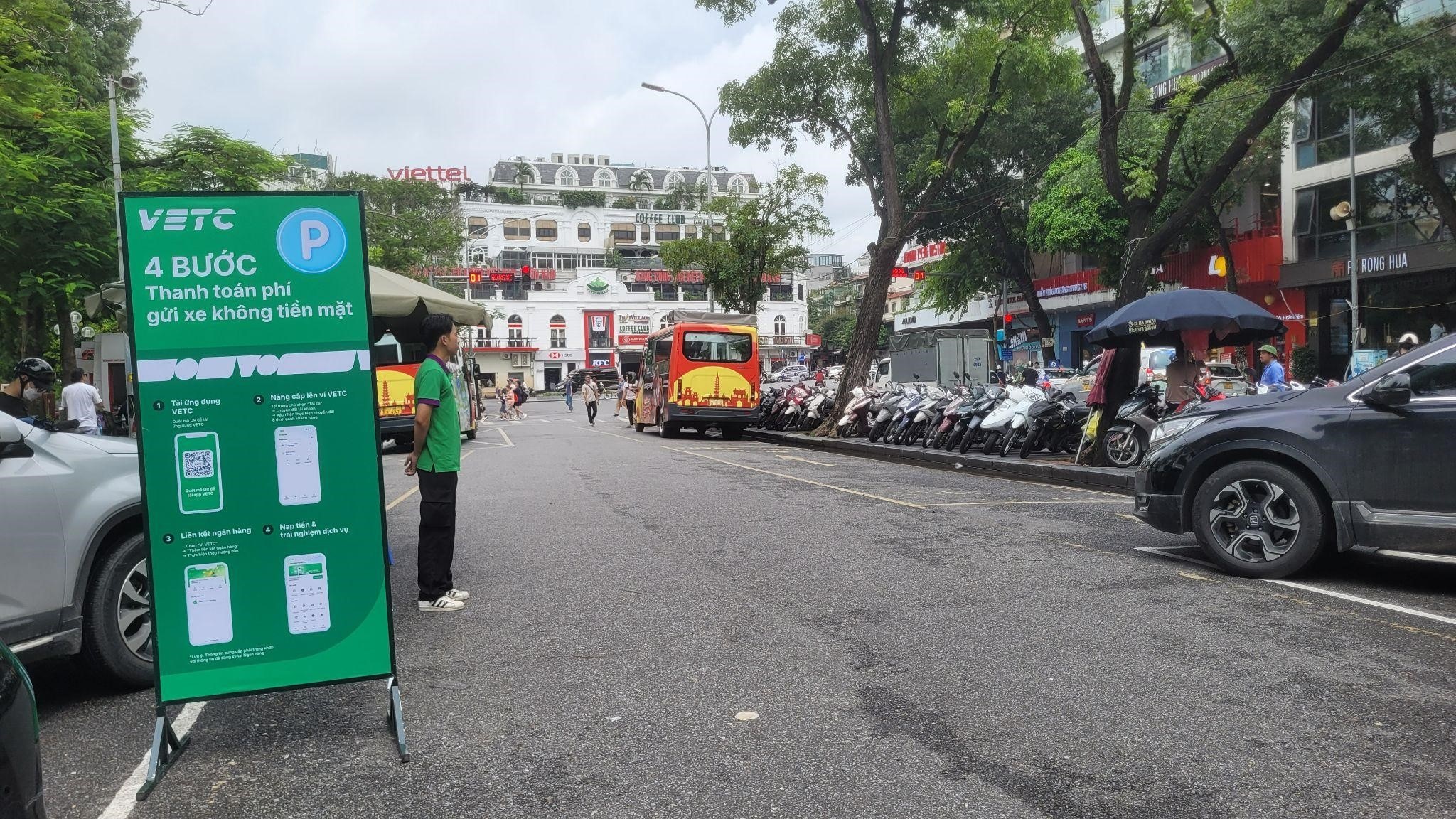
It is known that the Ministry of Transport is urgently completing the draft Decree of the Government regulating electronic payment for road traffic to submit to the Prime Minister for approval, which allows the provision of road use fee payment services on the basis of inheriting the regulations on toll collection service providers under Decision No. 19/2020/QD-TTg to be allowed to provide a number of additional services on the basis of approval by the Ministry of Transport.
“This policy will ensure the harmonization of rights and responsibilities of electronic payment service providers; create flexibility for vehicle owners in connecting with payment means, while improving investment efficiency for investors providing ETC toll collection services,” said Mr. Nguyen Duy Lam.
Source: https://baodautu.vn/loi-ich-bat-ngo-tu-thu-phi-dien-tu-khong-dung-m224653.html




![[Photo] "Beauties" participate in the parade rehearsal at Bien Hoa airport](https://vstatic.vietnam.vn/vietnam/resource/IMAGE/2025/4/11/155502af3384431e918de0e2e585d13a)
![[Photo] Looking back at the impressive moments of the Vietnamese rescue team in Myanmar](https://vstatic.vietnam.vn/vietnam/resource/IMAGE/2025/4/11/5623ca902a934e19b604c718265249d0)



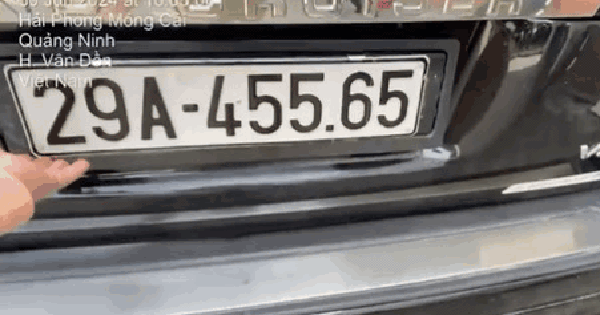


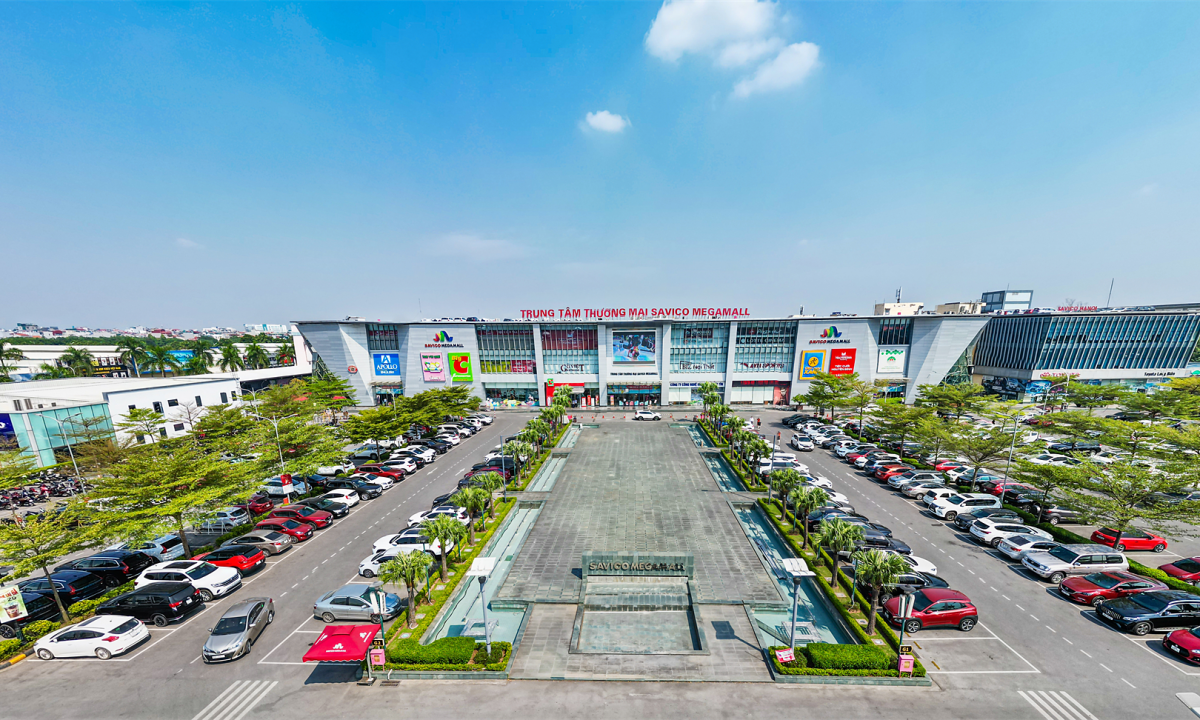

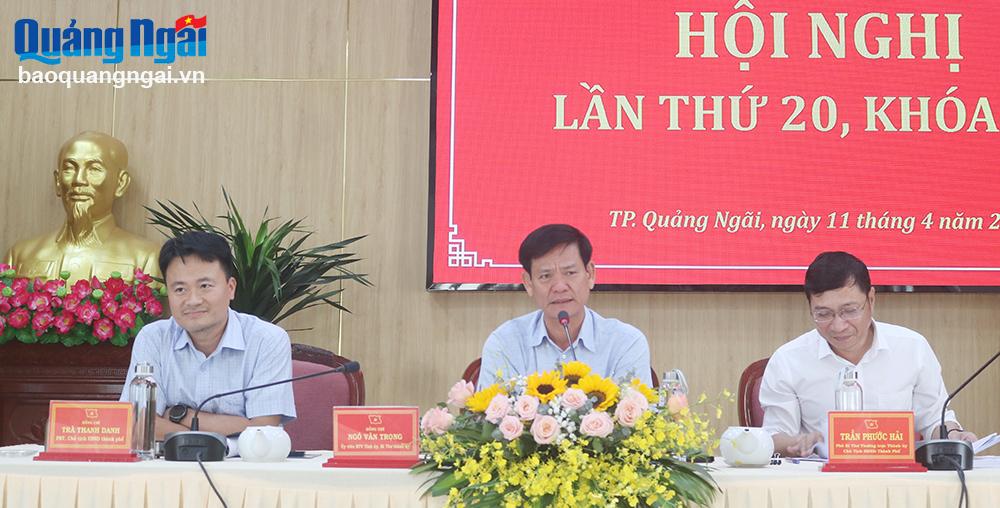
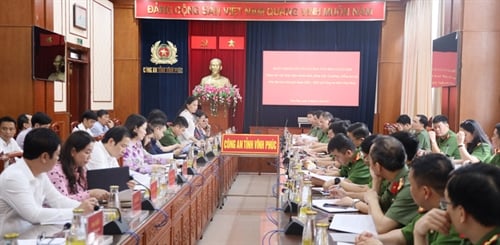
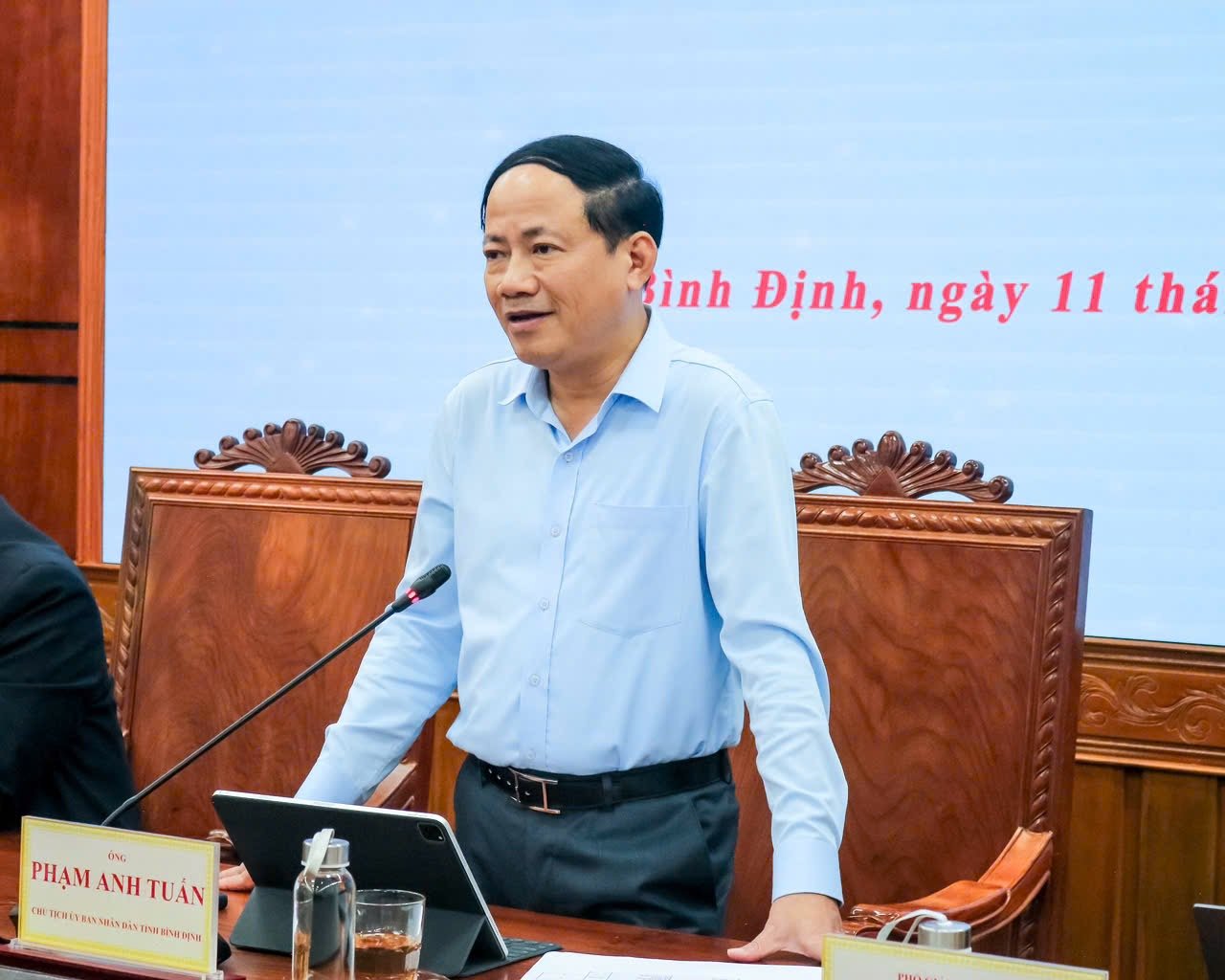

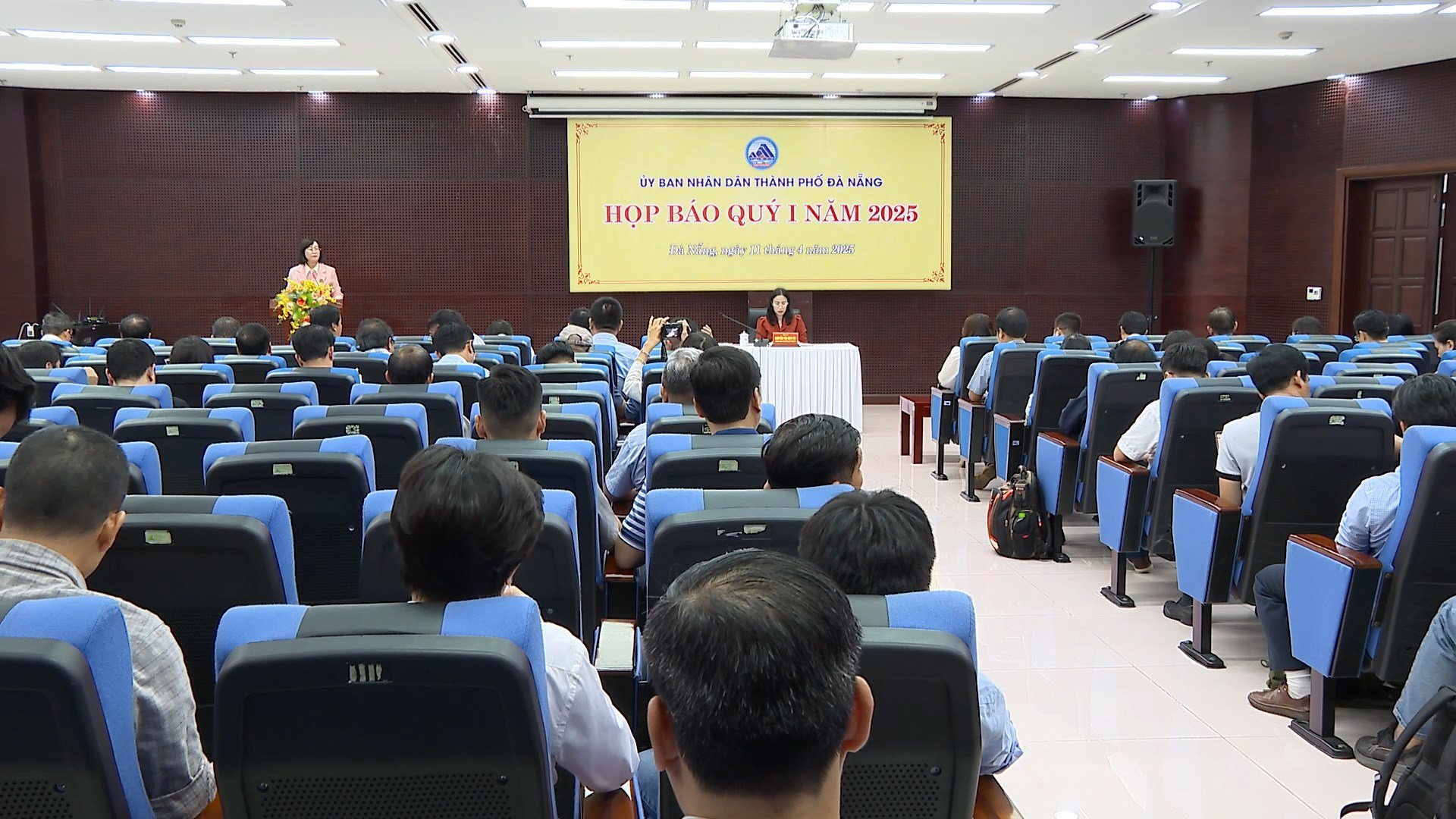
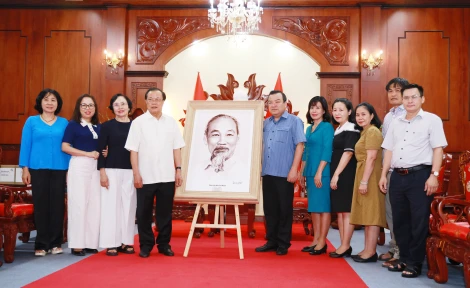


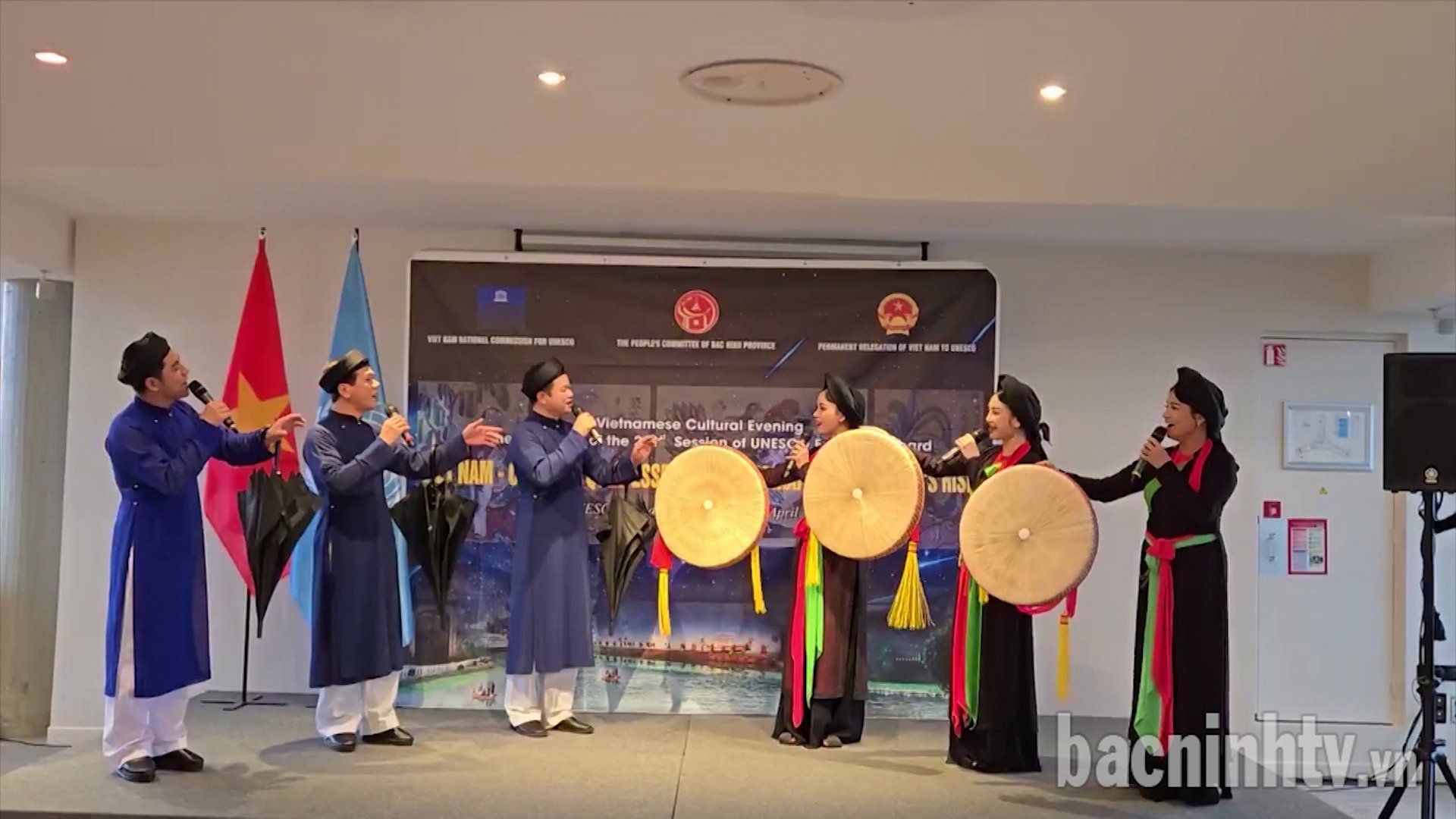

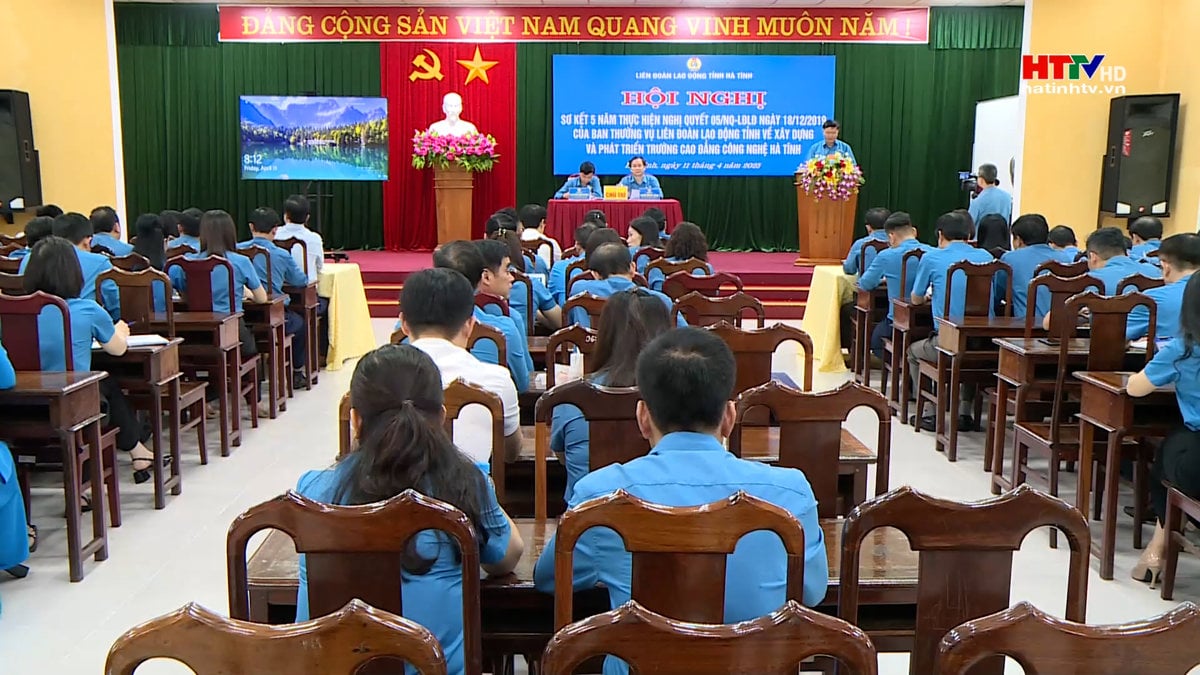




![[Photo] Summary of parade practice in preparation for the April 30th celebration](https://vstatic.vietnam.vn/vietnam/resource/IMAGE/2025/4/11/78cfee0f2cc045b387ff1a4362b5950f)









































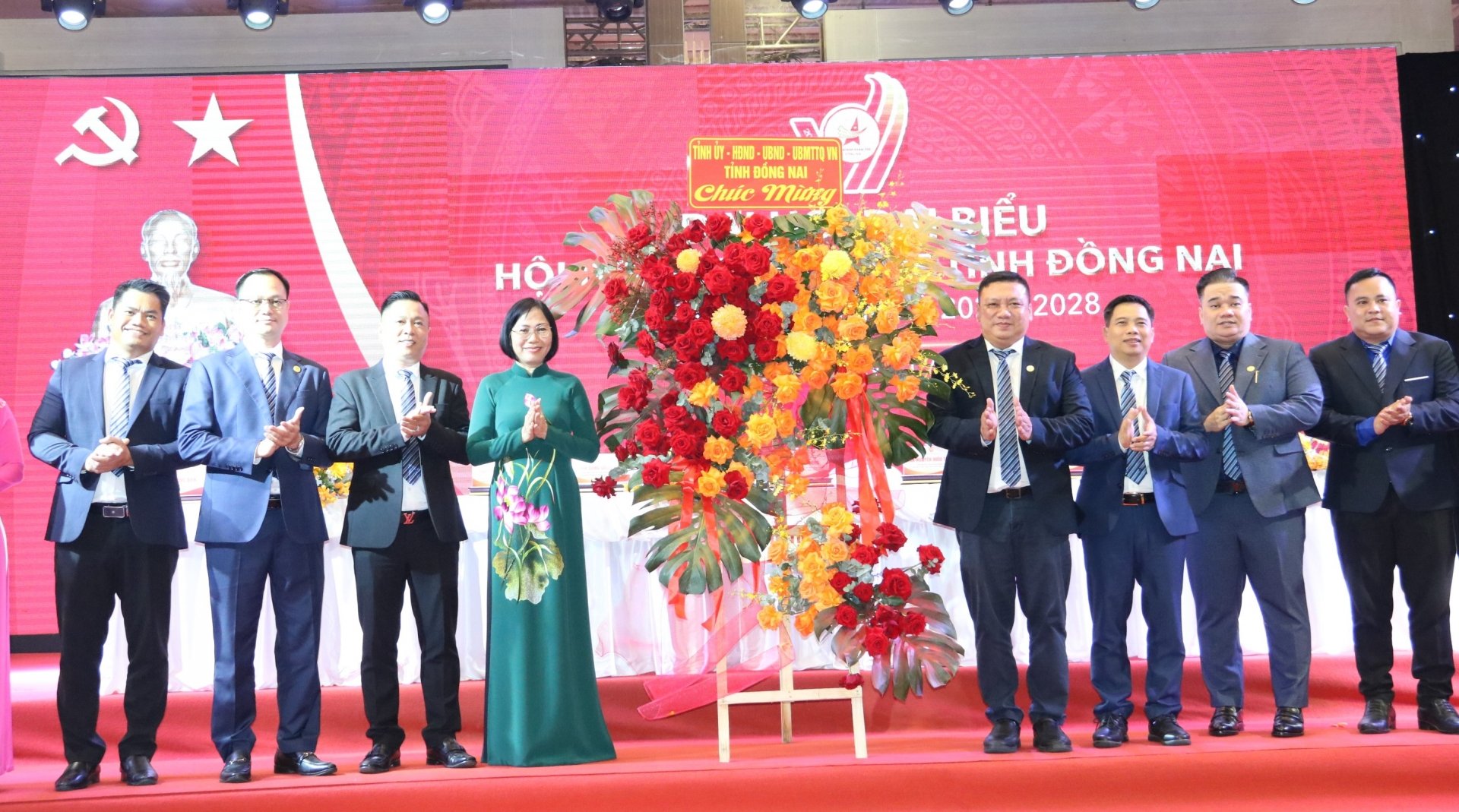

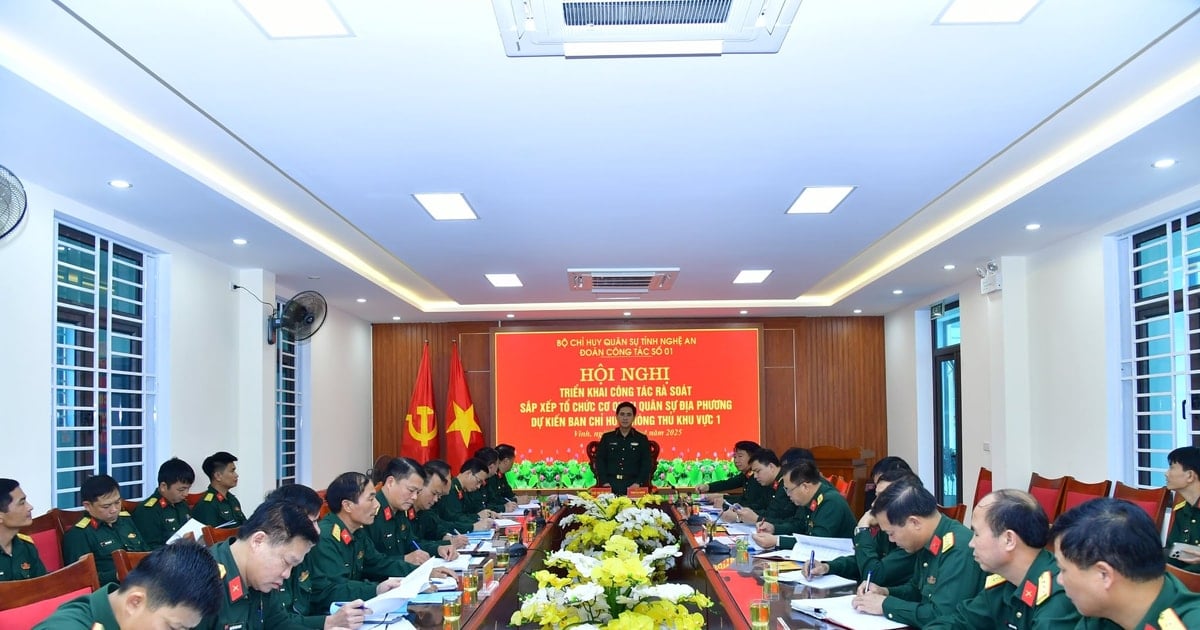

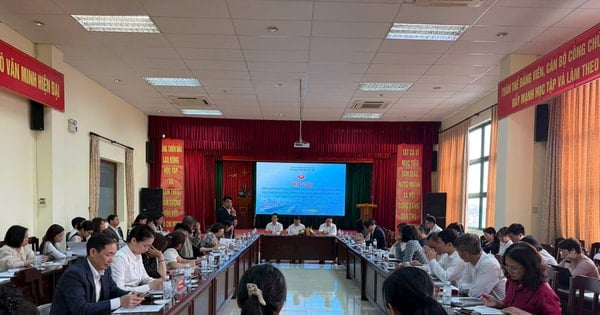













Comment (0)